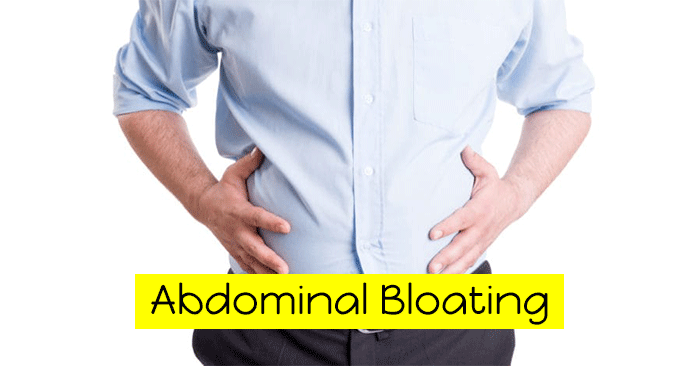Abdominal Bloating and Belching Causes, Symptoms and Treatment
WHAT IS ABDOMINAL BLOATING?
Each and every one of us have felt it and been through it – the feeling of fullness, increased burping, indigestion, and heartburn, coupled with severe discomfort and uneasiness. All these symptoms point towards abdominal bloating. It occurs mostly when there is an excessive accumulation of gas or fluid within the abdominal cavity.
Eating too much fast food, which does not get digested easily, can lead up to abdominal bloating and belching. It is quite a common phenomenon, occurs with every person occasionally. However, in some cases, it could be a symptom of an underlying medical condition, which may need urgent attention.
Bloated Stomach Causes:
There are multiple causes of abdominal bloating– some are natural, physical processes while others are more serious.
- Acid Reflux (GERD) or Heartburn
- Mental health causes – depression, anxiety and stress
- Gas accumulation
- Unhealthy, unbalanced diet
- Acute or chronic constipation
- Inadequate drinking water consumption
- Excessive use of fizzy drinks and caffeinated beverages
- Eating disorders like anorexia nervosa and bulimia nervosa
- Hormonal changes, especially in women
- Pre-menstrual syndrome
- Irritable Bowel Syndrome
- Inflammatory Bowel Disorder – Ulcerative Colitis and Crohn’s Disease
- Giardiasis, or any worm infestation
- Aerophagia- a nervous habit which makes the person swallow more air than they should.
- Lactose intolerance
- Celiac disease – gluten sensitivity
- Certain medications
- Serious illnesses which cause ascites- like chronic liver disease, congestive heart failure, renal failure and pulmonary edema.
- Diverticulosis
- Partial bowel obstruction
- Perforated abdomen/bowel – a medical emergency
Treatment:
Occasional abdominal bloating can easily be prevented and treated. However, if abdominal bloating persists, worsens or becomes chronic, it is advised to visit a doctor as soon as possible. There are certain things which can be done to manage and treat bloated stomach:
Read Also: Constipation: Causes, Medicine and Relief with Home Remedies
Change your lifestyle – improving your lifestyle and changing it from sedentary to active, can make a huge difference. Start taking a walk daily or hit the gym and slowly build up a smart exercise routine.
A balanced diet: Avoiding fast food, fatty, and spicy food, and greasy meals can help prevent bloating. Take your last meal four hours before going to bed. Incorporate more fiber as in vegetables and fruits into your diet and limit portions of carbohydrates and proteins. Avoid packaged and processed food. Also, eat at regular intervals and take small meals with adequate gaps.
Cut out sugar and fizzy drinks: By stopping the use of fizzy drinks in your diet, you will see a marked decrease in bloating in just three days to one week. Keeping your sugar intake low will also benefit you.
Gluten-free or lactose-free diet: For every person who has celiac disease or lactose intolerance, cutting out the triggering factors from their diet will immediately bring their bowels relief and prevent abdominal bloating. Nowadays, lactose-free and gluten-free foods are easily available in most places.
Drink plenty of water: Water makes up 60% of your body weight. It helps to improve digestion and prevents abdominal bloating.
Over the counter medicines: Certain over-the-counter gas relief capsules and syrups are easily available, which can provide instant relief. However, it is advised to consult a doctor first before ingesting any medicines on your own.
Rule out medical conditions: If abdominal bloating persists, do visit a doctor to get a full checkup done. It is always better to rule out any medical causes, just to be on the safe side.
Conclusion:
Abdominal bloating is mostly a harmless symptom of overeating, being lazy and living a bad lifestyle. It is only a nuisance due to the discomfort and uneasiness it causes to people. Otherwise, it usually goes away on its own unless there is a serious, underlying medical condition.

